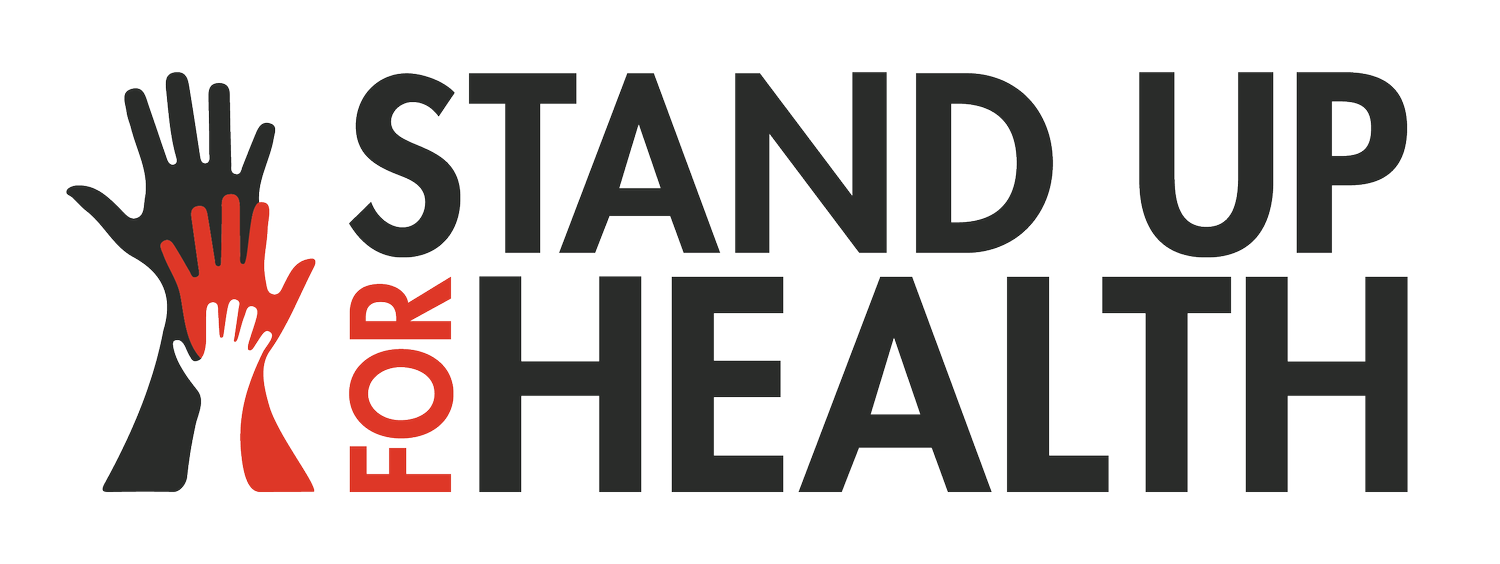Our Learning System
Our approach
SU4H sessions involve:
60 MINUTES
Primer
15 MINUTES
Simulation
45 MINUTES
Debrief
45 MINUTES
Design Thinking
Our motto is our model: knowledge, empathy, action
Our immersive simulation offers participants a life-course model of walking in the shoes of a marginalized person. Peer-to-peer social learning is catalyzed by participants physically moving through space, collaborating on decision-making, and aided by provocative discussions facilitated by our companion mobile app.
A small-group discussion follows, allowing participants to reflect on their roles in the Canadian healthcare system and how they may be perpetuating health inequities.
Our signature design-thinking session caps off the workshop, with participants committing to “equity goals” - with corresponding actions they will undertake in their professional practice and workplaces to reduce health inequities.
Our system is designed to scale across your enterprise
We certify your local DEI champions as “SU4H Facilitators”
Participants are grouped into “Pods” of 10-12 people and each pod generates and commits to a tangible “equity goal”
Our app ensures that our system is highly scalable and replicable
We are adding new training modules and additional features in order to maintain longitudinal participant engagement and deepen the learnings
Our curriculum is evidence-based and peer reviewed
Peer Reviewed Papers
SU4H has published in Academic Medicine
Evidence Based
Informed by Simulation Science, Empathy Training, and Transformational Pedagogy
Grant Funded
Art of the Possible grant from University of Toronto to study our workshops
Our pedagogy is grounded in social accountability education principles, intersectionality, and critical theory
A research study at the University of Toronto found:
60%
12%
Increase in knowledge on the Social Determinants of Health
Increase in participant empathy
>70%
100%
Of participants would recommend SU4H to a friend or colleague
Of participants rated the experience 7/7 on a Likert scale of enjoyment
“The unique aspect of Stand Up for Health is that it connects knowledge with emotion, which is key to an experiential simulation. You’re forced to decide between challenging alternatives. It can leave you shaken. In our world of disposable experiences, this simulation does not let you quite dispose of it.”
Dr. Katherine Rouleau
Vice-Chair of Global Health and Social Accountability, Department of Family and Community Medicine, University of Toronto





